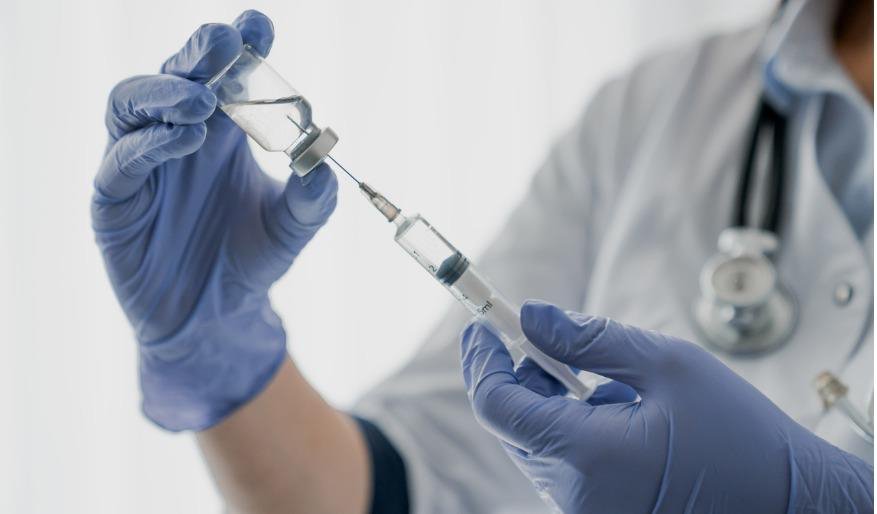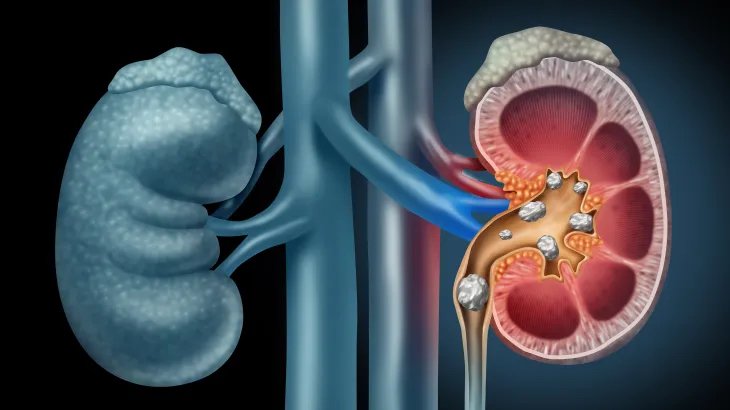When it comes to stroke recovery, various factors influence the speed and extent of a patient’s rehabilitation. While lifestyle choices, medical interventions, and physical therapy play crucial roles, recent research has begun to shine a light on the significant influence of genetics. Understanding the role of genes in stroke recovery offers promising insights for personalized rehabilitation plans and new treatment approaches, providing hope for improved recovery outcomes.
This article explores the impact of genetics on stroke recovery, how specific genes may affect the brain’s ability to heal, and what these discoveries could mean for the future of stroke rehabilitation.
What Is a Stroke?
Before delving into genetics, it’s important to understand what happens during a stroke. A stroke occurs when blood flow to the brain is interrupted, either due to a blocked artery (ischemic stroke) or a burst blood vessel (hemorrhagic stroke). This deprivation of oxygen-rich blood leads to the death of brain cells in the affected area, resulting in varying degrees of damage depending on the location and severity of the stroke.
The consequences of a stroke may include paralysis, speech difficulties, memory loss, and other cognitive impairments. Stroke recovery typically involves a combination of physical rehabilitation, speech therapy, and medication aimed at restoring lost abilities and preventing future strokes. However, the extent of recovery varies greatly from person to person, which is where genetics come into play.
The Genetic Influence on Stroke Recovery

Recent studies have uncovered that genetic factors significantly influence a person’s ability to recover from a stroke. While lifestyle factors such as diet, exercise, and medical treatment are essential, genetic predispositions can shape how effectively the brain heals and adapts after the initial injury.
Some people recover remarkably well from a stroke, regaining most or all of their lost functions, while others may experience long-term disability. Researchers believe that certain genetic variations could account for these differences. By studying the genetic profiles of stroke survivors, scientists are identifying genes that influence recovery, opening the door to more personalized treatments and therapies.
Key Genes Associated with Stroke Recovery
Several genes have been linked to stroke recovery, influencing everything from brain plasticity to inflammation. Below are some of the most notable genes that researchers are currently investigating:
1. BDNF (Brain-Derived Neurotrophic Factor): BDNF is a critical gene that supports neuroplasticity—the brain’s ability to reorganize itself by forming new neural connections. High levels of BDNF are associated with better cognitive recovery following a stroke. Variations in the BDNF gene can influence the speed and extent of this recovery, with some individuals showing greater plasticity and recovery potential.
2. APOE (Apolipoprotein E): The APOE gene has been heavily studied in relation to neurodegenerative diseases, but it also plays a role in stroke recovery. There are several variations (alleles) of the APOE gene, and the APOE ε4 allele has been linked to poorer stroke recovery outcomes. Individuals with this variation may experience slower recovery rates and a higher likelihood of long-term cognitive deficits.
3. NTRK2 (Neurotrophic Receptor Tyrosine Kinase 2): This gene codes for a receptor that interacts with BDNF and is critical for brain repair mechanisms. Variants of NTRK2 may affect how well the brain responds to rehabilitation therapies after a stroke.
4. COMT (Catechol-O-Methyltransferase): The COMT gene influences cognitive function and executive processes. Individuals with specific variants of the COMT gene may recover cognitive functions more efficiently post-stroke, as this gene regulates neurotransmitters that affect mood, memory, and problem-solving abilities.
5. PDE4D (Phosphodiesterase 4D): PDE4D has been identified as a stroke risk gene, but it also impacts recovery. This gene is involved in inflammatory responses and can influence the extent of brain damage following a stroke. Variants of PDE4D are linked to a higher risk of severe strokes and more prolonged recovery times.
How Genetic Research Is Shaping Stroke Rehabilitation
As more is learned about the role of genes in stroke recovery, rehabilitation approaches are evolving. Researchers and clinicians are working to incorporate genetic testing into stroke recovery plans, with the ultimate goal of personalizing rehabilitation programs based on a patient’s genetic profile.
1. Targeted Therapies: With the identification of key genes involved in stroke recovery, there is potential to develop targeted therapies that can enhance the brain’s natural healing processes. For example, treatments that boost BDNF levels or counteract the negative effects of APOE ε4 could lead to better outcomes for stroke survivors.
2. Personalized Rehabilitation Plans: Genetic testing could help healthcare providers tailor rehabilitation programs to individual patients. Those with genetic variations that slow recovery may benefit from more intensive therapies or specific interventions designed to overcome their genetic limitations.
3. Pharmacogenomics: The field of pharmacogenomics studies how genes affect a person’s response to drugs. For stroke recovery, this could mean developing medications that are more effective based on a patient’s genetic makeup. For example, certain genetic profiles may respond better to neuroprotective drugs or anti-inflammatory treatments following a stroke.
The Future of Genetic Research in Stroke Recovery
While we are only beginning to understand the genetic factors that influence stroke recovery, the potential benefits are immense. As research advances, we can expect to see more precise diagnostic tools and treatments that cater to each patient’s unique genetic profile. This could lead to faster recovery times, better long-term outcomes, and a higher quality of life for stroke survivors.
In the future, we may even see preventive strategies based on genetic testing. Individuals with a higher genetic risk of severe strokes or poor recovery outcomes could receive early interventions to minimize damage or accelerate recovery. Moreover, identifying genetic markers for stroke recovery could help guide rehabilitation practices globally, improving the lives of millions affected by strokes each year.
Conclusion: A New Era in Stroke Recovery
The study of genetics is revolutionizing our understanding of stroke recovery. By identifying the genes that influence brain plasticity, cognitive function, and inflammation, researchers are paving the way for personalized rehabilitation and targeted therapies that could significantly improve recovery outcomes.
For patients and their families, this means hope for a future where stroke recovery is faster, more effective, and tailored to individual needs. As more discoveries are made, the role of genetics in stroke recovery will undoubtedly become a critical factor in the treatment and management of this life-altering condition.
References
1. American Stroke Association – Stroke Recovery Research
2. National Institute of Neurological Disorders and Stroke – Stroke Genetics
3. Journal of Neurology – The Role of BDNF in Stroke Recovery
4. Nature Genetics – Genetic Insights Into Stroke Rehabilitation



